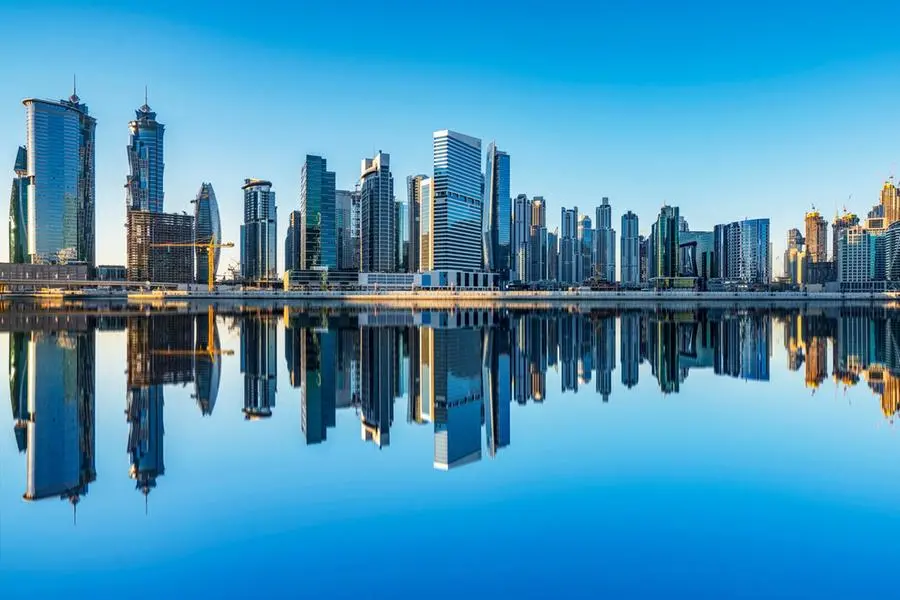PHOTO
The UAE's non-oil private sector economy saw a robust improvement in February due to a surge in demand, according to a business survey released on Thursday.
However, rising material prices, global shipment delays and weak hiring continued to drive backlogs higher, “while price margins were squeezed by efforts to reduce output charges”, the survey noted.
The seasonally adjusted IHS Markit Dubai Purchasing Managers' Index (PMI) ticked up for the first time in three months, from 54.1 in January to 54.8 in February, well above the 50.0 neutral threshold.
"Growth in the UAE non-oil economy continued to run at a strong clip in February, with the PMI up to 54.8 but remaining slightly lower than the post-COVID highs seen during the final quarter of 2021," said David Owen, economist at IHS Markit.
The upsurge was linked to rising client demand, with businesses also pointing to growth in tourism as the Expo 2020 continued and countries loosened their travel measures, he added.
The year-ahead outlook for business activity rose to a four-month high and was the second highest since the middle of 2020.
However, employment levels remained broadly unchanged. "While output expanded sharply in February, firms still reported a lack of capacity to deal with new orders, linked to weak hiring momentum and challenging global supply conditions," said Owen.
While global supply chains remained disrupted, local vendors increased their capacity to manage these issues. This led to reduced overall lead times that was the most marked since July 2020, as firms often requested quicker deliveries in response to higher new orders.
"This should aid businesses in relation to both capacity and cost pressures in the coming months."
(Reporting by Brinda Darasha; editing by Seban Scaria)





















